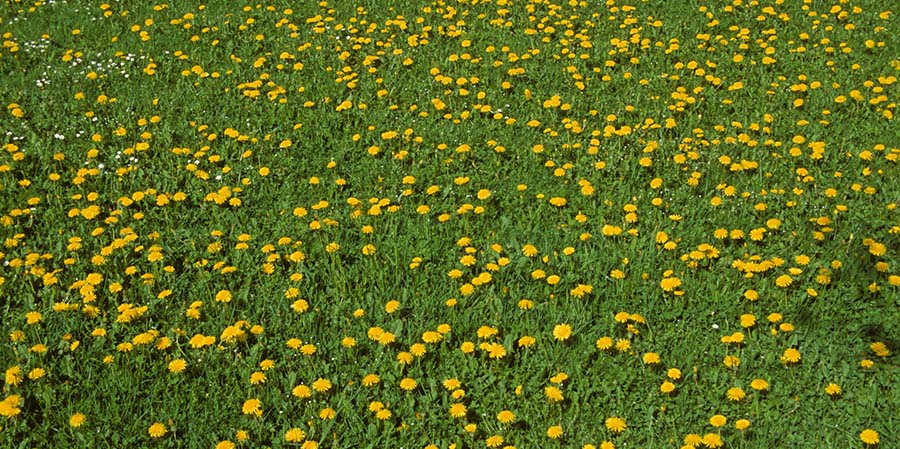
09 Jul 2020 EU measures for wild pollinators failing
Today, the European Court of Auditors published a special report on EU measures for wild pollinators. This assessment was carried in coordination with the recent ECA work on farmland biodiversity, pesticide use, Natura 2000, and climate change.
The European Court of Auditors (ECA) decided to carry out an audit on the Commission’s approach to conserve wild pollinators to contribute to legislative updates in the areas of biodiversity, agriculture and pesticides planned in the period 2021-2022.
Wild pollinators have dramatically declined in recent decades. A loss of habitat from conversion to intensive agriculture, and the use of pesticides and fertilisers are among the main causes of decline. Wild pollinators provide essential ecosystem services benefiting agriculture and biodiversity. Their decline has negative consequences on the sustainability and reliability of food systems in Europe, affecting citizens at large.
An EU financed project estimated the yearly contribution of insect pollinators to European agriculture at around €15 billion. Further, around 75% per cent of the main crops grown globally for human consumption rely to some extent on pollinators for growth, quality and/or seed production (Klein et al., 2007).
By supporting the health and reproduction of wild plants, pollinators play a role in providing food and shelter for many other invertebrates, mammals, birds, reptiles and other species connected to one another in the food web.
The ECA report stresses that “overall the Commission had not taken a consistent approach to the protection of wild pollinators in the EU. We identified gaps in key EU policies addressing the main threats to wild pollinators, and considered that the Pollinators Initiative does not have the tools and mechanisms to address those gaps.”
Commenting on the findings of the report, Dr. David Scallan, FACE Secretary General, underlines that “hunters have witnessed the loss of biodiversity on Europe’s farmland in recent decades including wild pollinators. We need the next CAP to deliver on biodiversity or else we will reach a point of no return”.
The ECA makes the following recommendations to the European Commission:
- Assess the need for specific measures for wild pollinators in the follow-up actions and measures for the EU biodiversity strategy to 2030;
- Better integrate actions to protect wild pollinators in EU policy instruments addressing biodiversity conservation and agriculture;
- Improve the protection of wild pollinators in the pesticides risk assessment process.
For more information see
https://www.eca.europa.eu/Lists/ECADocuments/SR20_15/SR_Pollinators_EN.pdf

